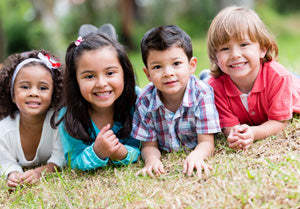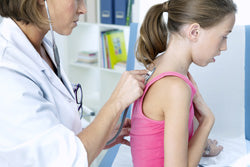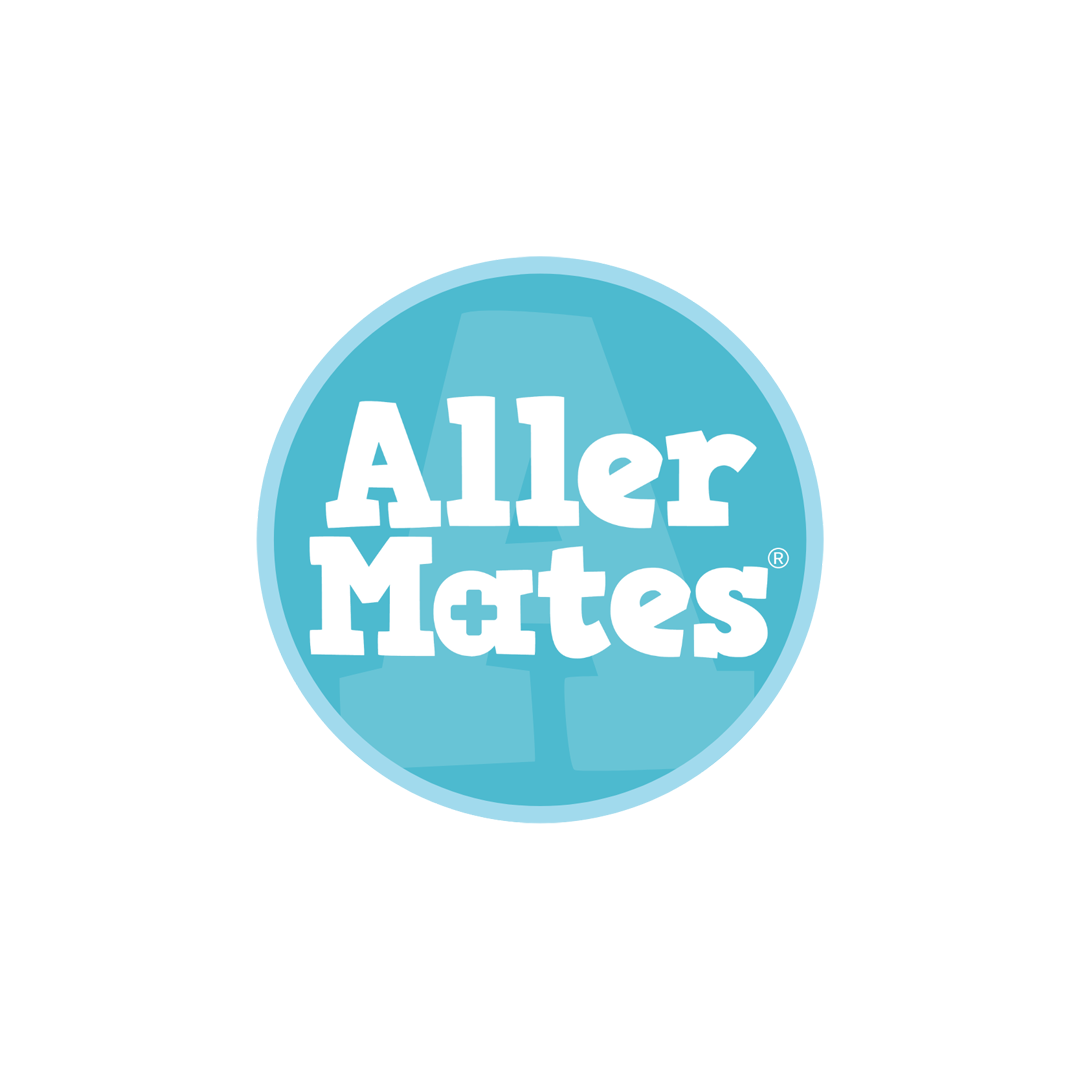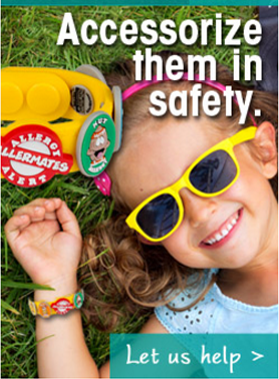
Asthma in Children: What You Need to Know
If your kid has been recently diagnosed with asthma or if you suspect asthma in your child, take solace in the fact that medications now available can control asthma symptoms much better than in the past. No longer are children with asthma advised to not play outside or get exercise – that’s a myth in most cases! Most will lead normal, active lives when asthma is well-controlled under a doctor’s guidance and by avoiding asthma triggers.
Here are the facts. The symptoms of asthma in children include:
- 1. Wheezing or whistling when breathing
- 2. Coughing (a cough that doesn’t go away, occurs often, or gets worse at night)
- 3. Chest tightness (it feels like a weight or pressure on your chest)
- 4. Shortness of breath (feeling like you can’t get enough air)
- 5. Weakness or tiredness, dark circles under the eyes, headaches and loss of appetite can also signal a respiratory problem.
- 6. There are many other conditions that can mimic asthma though, so medical diagnosis is critical to getting the right treatment. Never try to treat asthma yourself with over-the-counter medicines unless a doctor has advised you to use them.
- 7. If you suspect that your child has asthma, talk to a doctor immediately. Asthma is a very serious condition that requires both immediate and ongoing treatment. Delays can make things much worse, and the stakes are high. Early intervention can be the difference between making a fast recovery or being hospitalized. In some cases, an asthma attack can be fatal.
There are three basic steps to dealing with asthma in children:
Diagnose
Don’t try to self-diagnose asthma based on symptoms. You need to see a doctor to determine if your kid has asthma – there are many other problems that can mimic asthma.
Treat and Control
Once your child is diagnosed, you will need an allergy action plan. Fill this out with the help of your doctor or specialist so you’ll know exactly what steps to take when your kid’s asthma flares up.
Treatment for immediate symptoms usually means having a rescue inhaler. This is a fast-acting medicine that should help your child breathe better very quickly if he or she is having problems breathing. There is often ongoing treatment as well, a program of regular medication taken when asthma isn’t flaring up, designed to prevent symptoms from starting.
Controlling asthma in children is the main long-term goal, since there is no cure. This is often accomplished through daily medication, monitoring symptoms and avoiding asthma triggers.
Triggers are the external factors that cause asthma symptoms, and each person’s triggers may be different. Common triggers include allergies to smoke, pollen or pets, stress, exercise and even foods. It’s a good idea to note what’s happening around your child when symptoms start. This can help you figure out what is causing asthma symptoms so you can avoid those triggers in the future.
Maintain
Once your child’s asthma is well-controlled, your goal will be maintenance. Your doctor will help you monitor breathing and may adjust or change medications over time. You’ll know that your kid’s asthma is well-controlled when:
- 1. They live an active, normal life
- 2. Have few symptoms
- 3. Are able to attend school daily and perform normal activities
- 4. Rarely require urgent visits to the doctor or hospital for asthma
- 5. Have few or no side effects to asthma medications

Know the danger signs!
Asthma in children is very serious, so it’s critical to watch for danger signs:
Severe wheezing or coughing
Difficulty walking or talking, becoming winded with very little exertion
Increasing shortness of breath with decreased wheezing is very dangerous because this means less air is moving in and out of the lungs
- 1. Take preventive medication as prescribed
- 2. Always have a rescue inhaler with your child
- 3. If asthma is triggered by allergies, be sure to have your allergy rescue medication, like an epinephrine auto-injector, with your child at all times.
- 4. Make sure that schools, teachers and caregivers are aware of your child’s asthma and have a copy of your Asthma Action Plan. Also be sure they are aware of your child’s triggers
- 5. Children with asthma should always wear medical ID jewelry, like AllerMates wristbands or dog tags
reaction starts,
act fast!
- Children should tell an adult
- Use emergency medication if prescribed. Do it exactly the way the doctor has explained and the way you have practiced

ASK OUR MEDICAL EXPERTS
We get questions from parents and caregivers daily regarding kids’ allergies, and we go straight to the source for the answers – the experts, our doctors.




